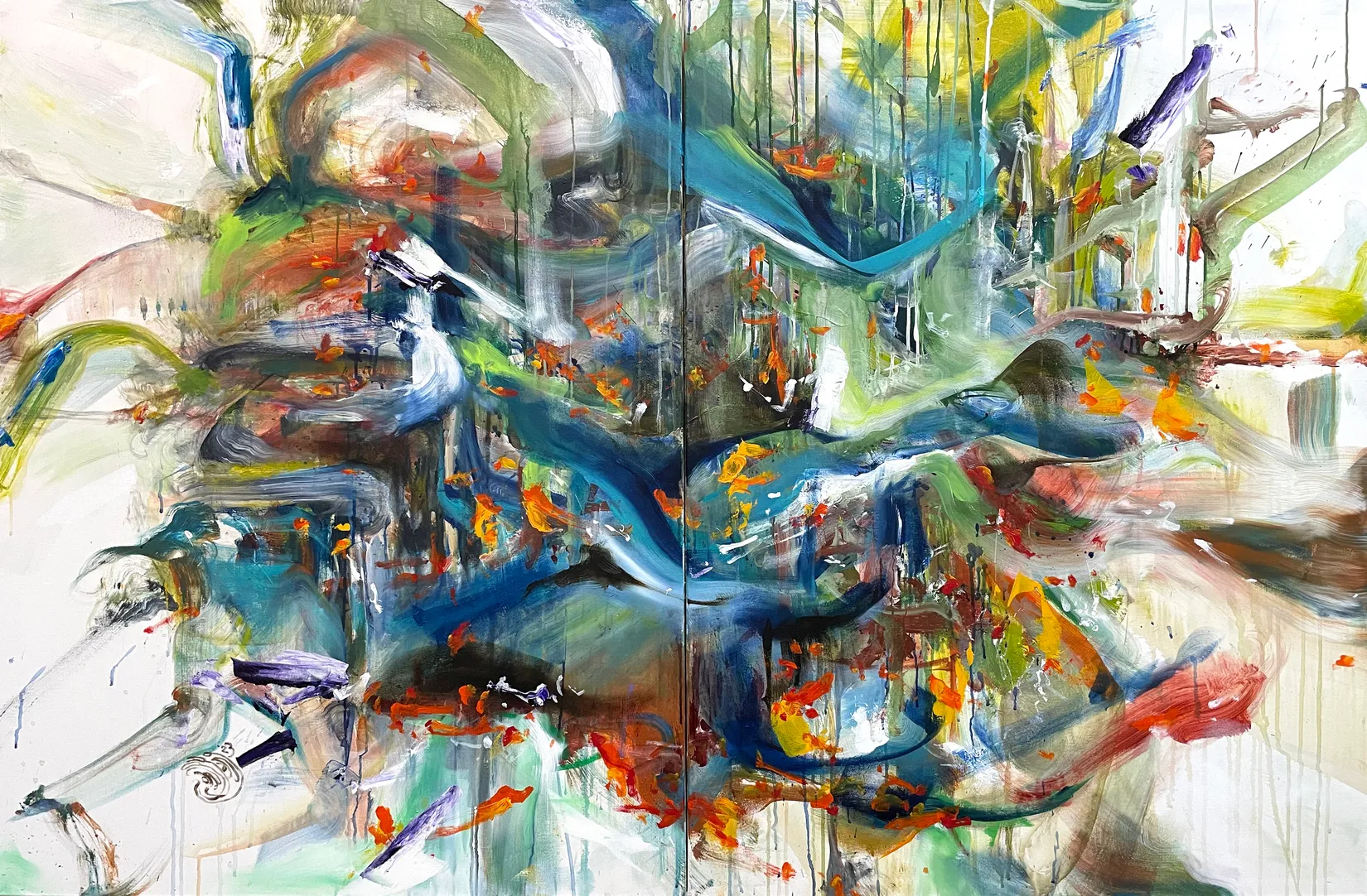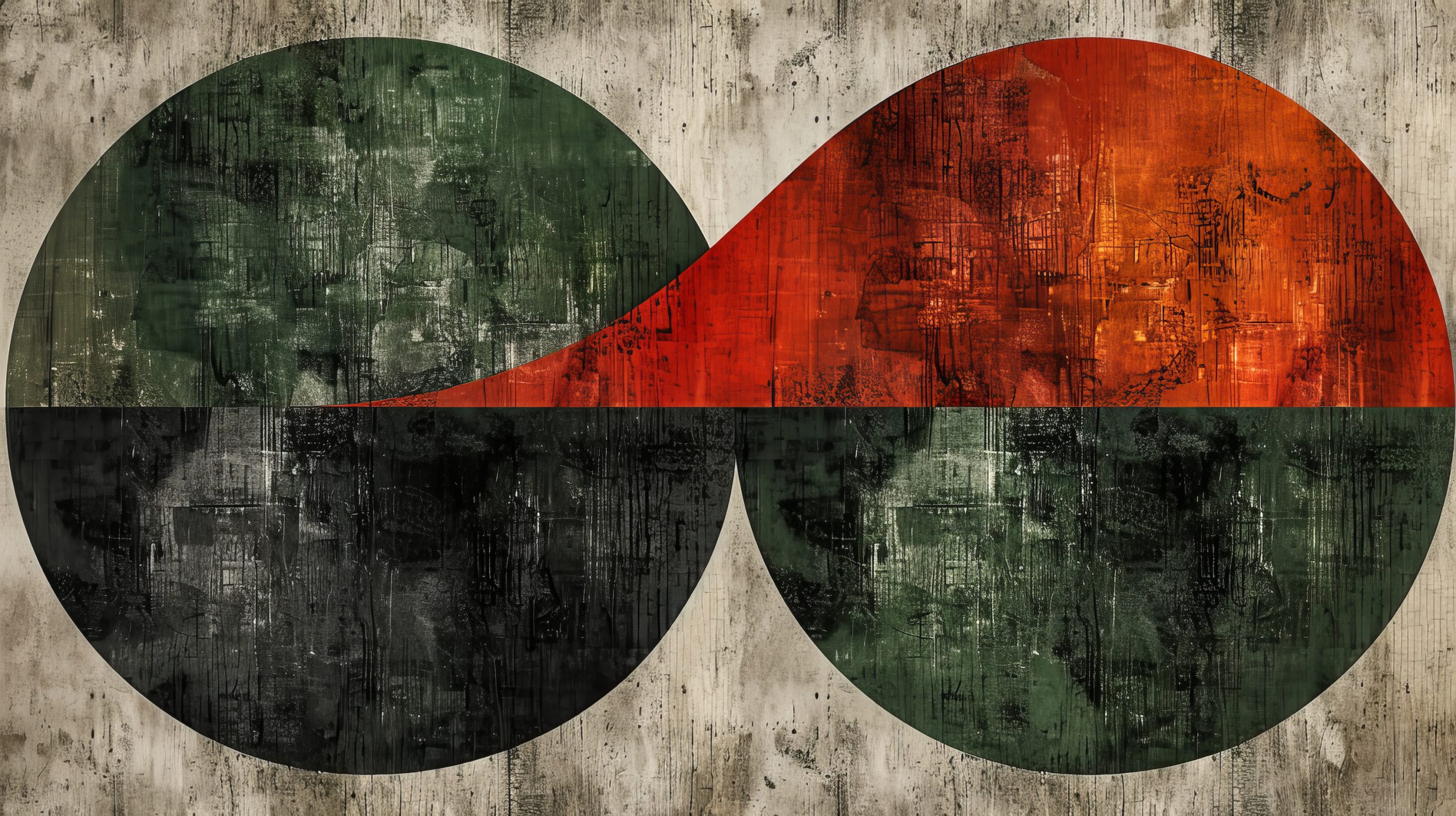A high-agency mindset is the belief that, no matter what life throws at you, there is always something you can do. It’s not about pretending everything is easy or ignoring pain. It’s about refusing to stay passive when life gets hard. Instead of asking, “Why is this happening to me?” someone with a high-agency mindset asks, “Given the circumstances, what can I do to move forward?”
This kind of thinking doesn’t come from comfort, it comes from challenge. We grow stronger when we resist the easy button and step into the harder but more meaningful path. Whether it’s climbing the stairs instead of taking the elevator, sitting down for the difficult conversation instead of avoiding it, or choosing reflection instead of numbing out, these small acts of courage build resilience and confidence.
So, what does this mean in real life? Well, I've seen this show up many times in therapy. It is a foundational shift. After a painful breakup, one woman’s instinct was to shut down. The easy button was to stay in bed, replay the relationship in her head, and scroll endlessly to avoid the ache. Yes, grieving is essential to the process. However, over time, she chose a different path. She started calling friends, journaling through her emotions, and getting outside even when it felt exhausting. Each choice was uncomfortable in the moment, but they added up to healing, clarity, and eventually the confidence to build a life that felt more authentic.
In relationships, a high-agency mindset looks like tackling issues head-on instead of waiting for them to resolve on their own. Many couples I work with have fallen into a cycle of avoidance, one partner withdrawing and the other growing resentful. For years, this was their “easy button.” But when they committed to short, intentional check-ins, something shifted. At first, the conversations felt awkward and tense. Over time, though, they became moments of truth-telling and repair, slowly rebuilding the intimacy they thought they had lost.
From Survival to Contribution
Our greatest teachers are not the smooth days, but the messy, painful ones that demand more of us than we thought we had. Breakups, betrayals, disappointments—these moments shape us. But they don’t have to define us. Survival tells one story. Contribution tells another. I once heard, "I am no longer defined by what I survived, but what I contribute." To me, that is the definition of a high-agency mindset.
It’s the courage to reject comfort, to see challenge as an invitation rather than a punishment, and to define ourselves not by what we endured but by what we create and contribute on the other side.
Because in the end, comfort doesn’t change us - agency does.











